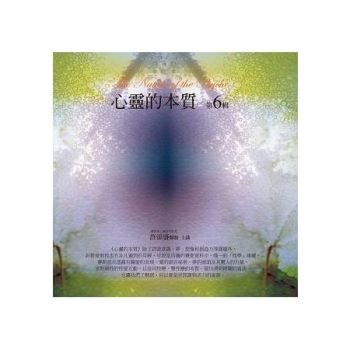From the Author’s Foreword.
Although there are several recent treatises on the art of writing plays, none of them, generally speaking, is precisely a text-book of the subject-"dogmatic in theory, so as not to muddle the student with alternatives before he has grasped any one rule; detailed in the analysis of examples and in the statement of principles, so that he may see just how a certain thing is done; full of the little maxims and tricks of the trade; and supported at every point with practical exercises." The present volume is not offered as one conforming in every detail to the foregoing standard. Nevertheless, it aims to embody at least some of these characteristics, in the hope that it may prove of service as a guide to him who would make his first experiments in the art of dramatic composition. It is obvious that in all primers, after the first authoritative one, much repetition of admitted truth is inevitable. Unless the writer be one of the perverse whose chief pleasure in life is derived from stout denials of all the established principles of art, he will need to refer to the dicta of Aristotle, of Hegel perhaps, of Brunetière certainly, of Lessing, Sarcey, Dumas "fils," Hugo, and a score of other critics and dramatists foreign and domestic, when he is laying down the fundamentals of the play-writing craft. There be those of lesser breeds than such leaders in art and criticism who, having once restated these principles- sometimes without credit-have come thereafter to regard them as their own. Of course, their claims to proprietary rights in these many truisms are at best about as valid as would be an assertion of copyright on the multiplication table, announced by the author of a new elementary arithmetic. No acknowledgment can be due to such compilers.| FindBook |
有 1 項符合
The Technique of Play Writing的圖書 |
 |
The Technique of Play Writing 作者:Andrews 出版社:Mjp Publishers 出版日期:2021-12-08 語言:英文 規格:精裝 / 302頁 / 21.59 x 13.97 x 1.75 cm / 普通級/ 初版 |
| 圖書館借閱 |
| 國家圖書館 | 全國圖書書目資訊網 | 國立公共資訊圖書館 | 電子書服務平台 | MetaCat 跨館整合查詢 |
| 臺北市立圖書館 | 新北市立圖書館 | 基隆市公共圖書館 | 桃園市立圖書館 | 新竹縣公共圖書館 |
| 苗栗縣立圖書館 | 臺中市立圖書館 | 彰化縣公共圖書館 | 南投縣文化局 | 雲林縣公共圖書館 |
| 嘉義縣圖書館 | 臺南市立圖書館 | 高雄市立圖書館 | 屏東縣公共圖書館 | 宜蘭縣公共圖書館 |
| 花蓮縣文化局 | 臺東縣文化處 |
|
|
圖書介紹 - 資料來源:博客來 評分:
圖書名稱:The Technique of Play Writing
|











